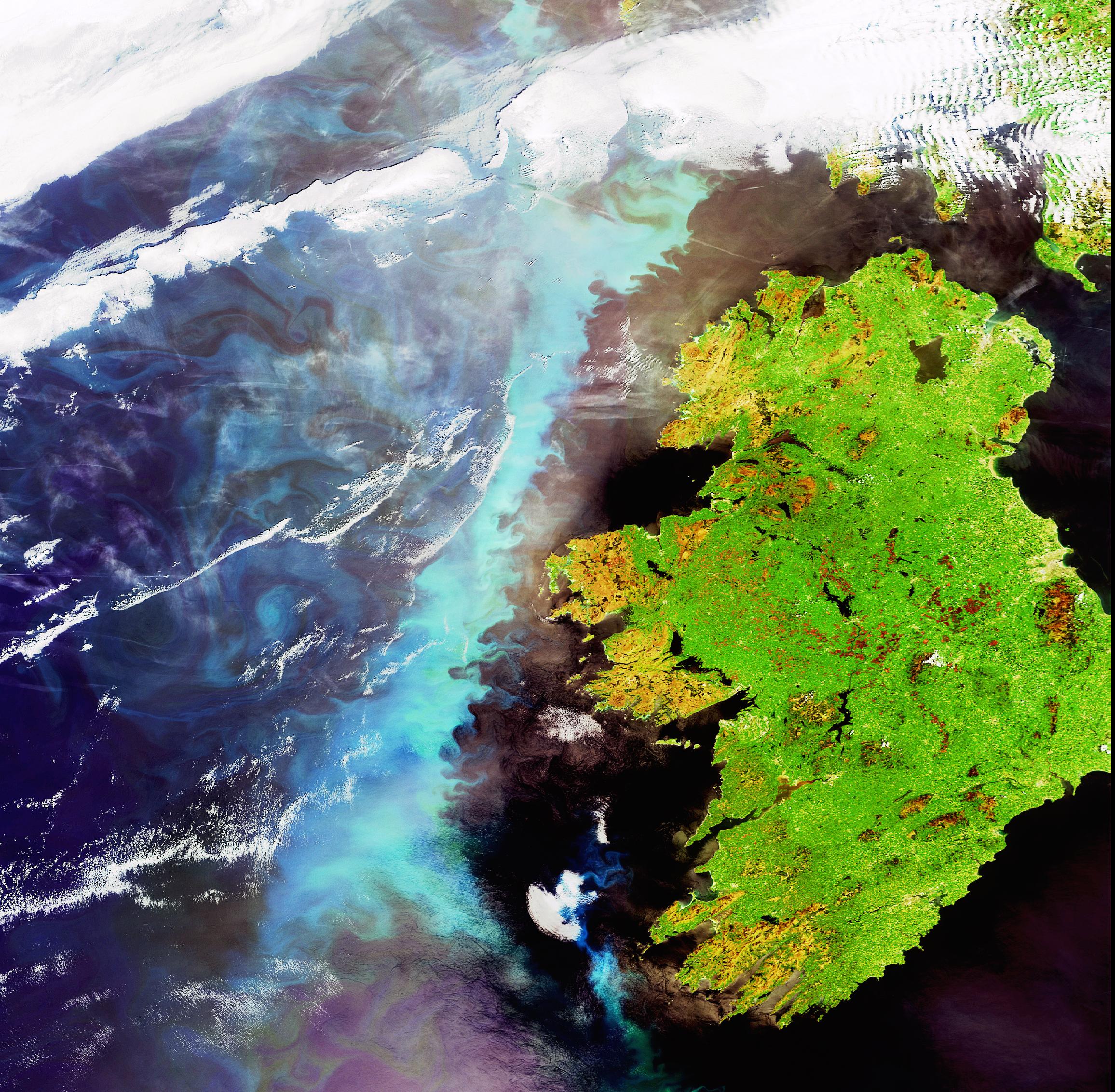PhD on carbon sequestration potential of marine sediments, UCD
- @UlsterUniGES

- Dec 13, 2022
- 3 min read
Project title: Impact on carbon sequestration potential of marine sediments from anthropogenic and hydrodynamic processes
Supervision team: Mark Coughlan and Mike Long (UCD)
Project advisors: John O’Sullivan (UCD), Brian Kelleher (DCU), Markus Diesing (NGU)
Project description:
Ireland’s expansive marine resource has the potential to sequester and store significant amounts of carbon in seafloor sediments and the habitats they support. However, there is a paucity of data and information on the past and present stock of carbon in these environments. Moreover, Ireland’s seabed is coming under increased pressure through anthropogenic impacts, such as the development of offshore renewable energy, trawling and dredging, in addition to climate change effects. To fully understand, and effectively manage, the seabed in terms of maximising this Blue Carbon potential requires a thorough understanding of carbon cycling in the marine environment over time, physical processes at the seafloor and high-quality spatial mapping. The Quest Project is a collaborative partnership between University College Dublin (UCD), Dublin City University (DCU) and the Geological Survey of Norway (NGU) and comprises experienced and skilled researchers in these areas who will conduct a multidisciplinary programme of research to qualify and quantify stocks of carbon in Irish marine sediments, examine and characterise threats to Blue Carbon in these settings and support the development of long-term management strategies. This programme will comprise spatial predictive modelling along with offshore surveying and sampling, laboratory analysis and hydrodynamic modelling to deliver comprehensive geochemical, geological, geotechnical, environmental and morphodynamic assessments of Blue Carbon ‘hotspots’ in the Irish offshore, as identified in the National Marine Planning Framework. The outcomes of the Quest Project will form critical baseline data and the basis for expert advice to help inform evidence-based policy with regard to effective management strategies for the sustainable use and protection of Blue Carbon resources in Ireland. This will include supporting the designation of Marine Protected Areas and facilitate the delivery of the Government’s Climate Action Plan. The Quest Project also intends to engage with stakeholders and the public to achieve a better understanding of Blue Carbon across society, and to raise the visibility of such research at a national and EU level.
Position Description: This four-year full-time PhD position is part of the Marine Institute funded ‘Quest’ project (Quantification, characterisation, source and fate of past and present carbon storage in coastal and offshore sediments for effective marine management) into Blue Carbon. The Candidate will work as part of a multi-disciplinary team and will be responsible for:
(i) Processing and GIS based analysis of geophysical and marine spatial datasets to generate ground models and maps of anthropogenic pressures on the seabed;
(ii) Marine core sample analysis to characterise offshore deposits geologically and geotechnically (e.g. particle-size, shear strength, density);
(iii) Developing hydrodynamic models for target areas to study sediment transport and disturbance.
The successful candidate will be registered at University College Dublin, starting at the beginning of September 2022. The stipend is €18,500 per annum, with a contribution to EU fees of €6,000 per annum. The candidate will also be required to contribute up to 100 hours per annum demonstrating undergraduate laboratory classes and / or tutorials.
Candidate Experience: The candidate should have a minimum 2.1 in an Honours Bachelor’s degree in Engineering Geology, Geoscience, Earth Science, Geophysics or Civil Engineering, or an equivalent. Experience in hydrodynamic modelling and lab work would be an advantage.
Application: Please e-mail a CV (2-page preferable) and a cover letter outlining your experience and motivation to Dr. Mark Coughlan (mark.coughlan@icrag-centre.org). Closing date for application is 22 April 2022.





Comments